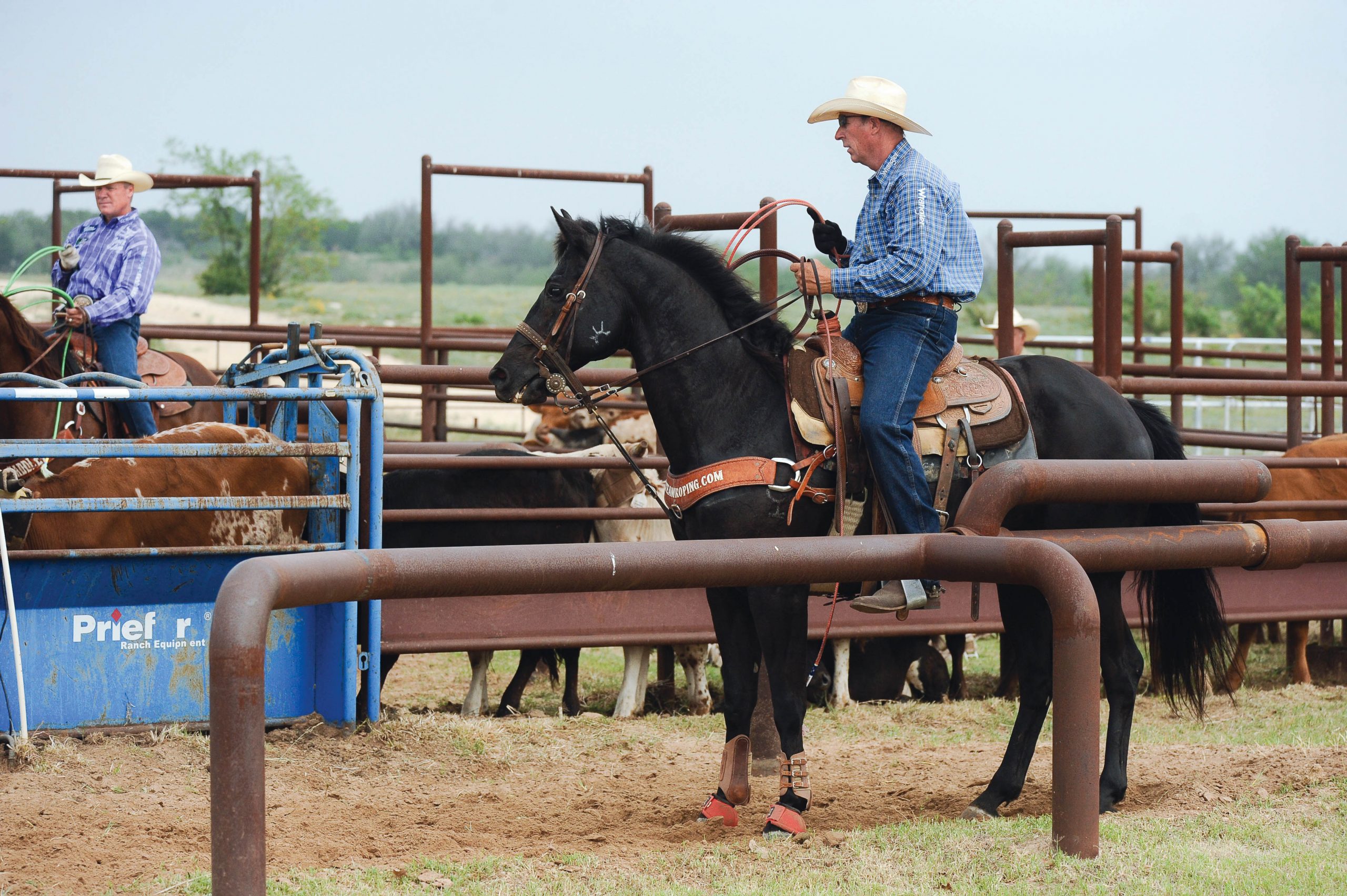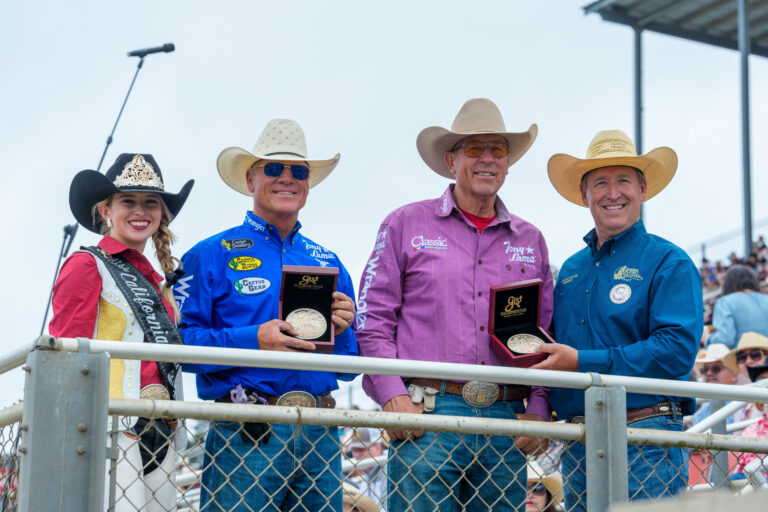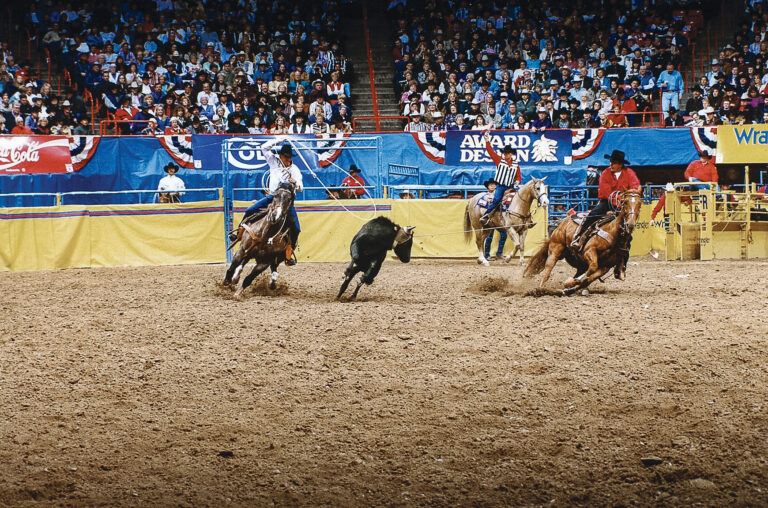When you rope for a living, winning is your whole livelihood. Everybody expects and wants to win when they enter, but realistically you have to draw good, have your horses work good, rope good and things have to go your way to have a chance to win. Even when you work hard and do everything you possibly can to prepare, things happen and you get let down a lot. At the highest level, there’s no way around it—it’s an emotional roller coaster. There are times it feels like you’re living a dream and nothing can go wrong. When your horses and partnership are good it feels like it couldn’t be better. But when the tide turns and you get into the wrong end of the draw or whatever, it seems like no matter what you do you can’t win anything. As tough as the rodeos are now, winning something at 40 percent of the rodeos you enter would have to be considered good. So you will lose, I don’t care who you are or how well you rope. Where you have to be really lucky is to win when the big money’s up. Having good fortune at those events is a huge factor in rodeo.
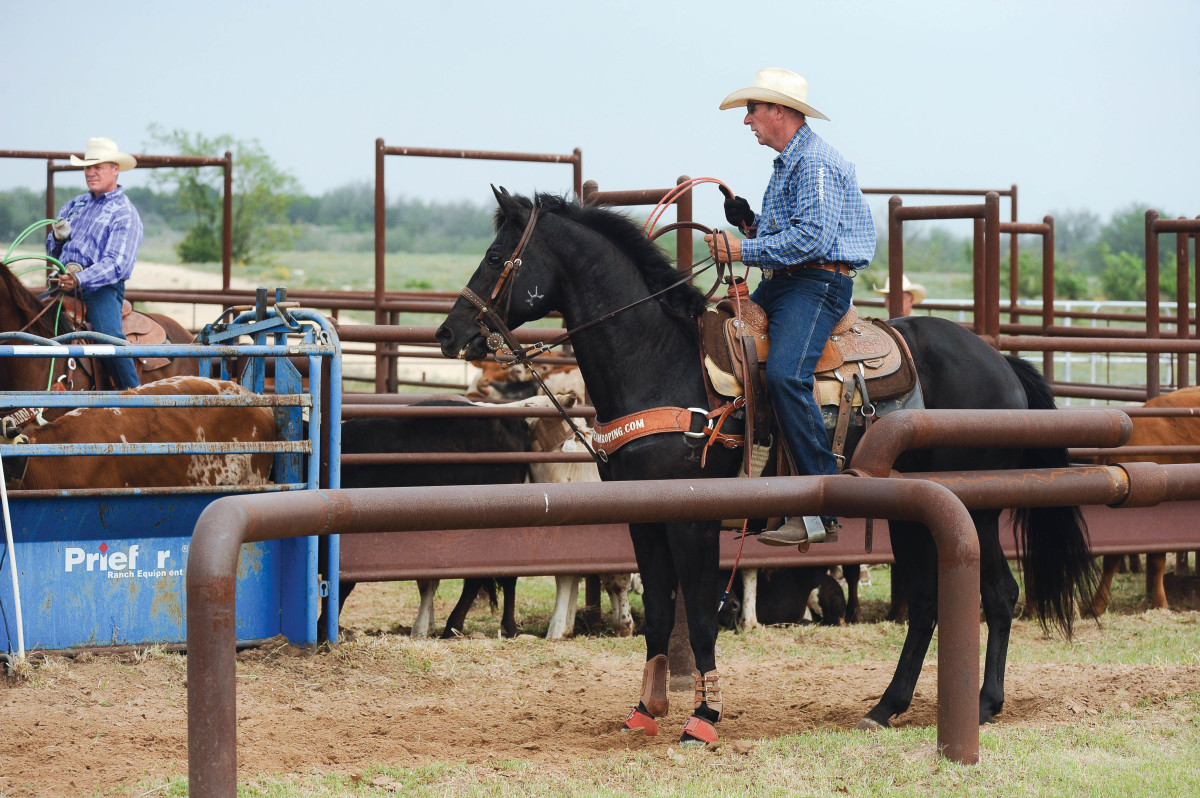
Experience is really important when it comes to winning and losing. You need to be honest and recognize why you aren’t winning. But you can’t let a week of not drawing good or winning anything ruin you for the next one. You have to be mentally ready to capitalize when all the elements do line up for you to win.
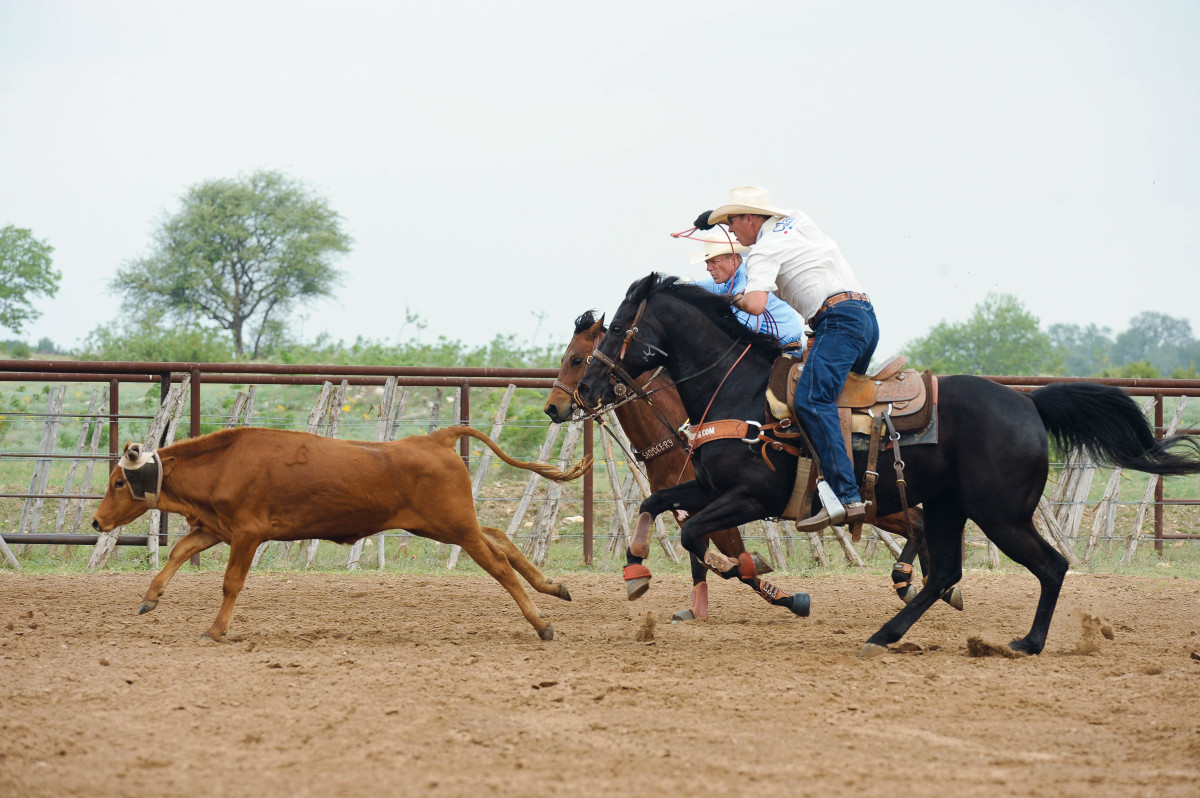
The winter rodeos have always been hard for me. You only go to about 10 rodeos in three months, so they’re really spread out. But there’s a chance to win big money at some of them. I’ve always gotten into a groove around Reno in June, when you can compete every day for about three months in the summertime. I like that pace, where you can find a rhythm and roll with it.
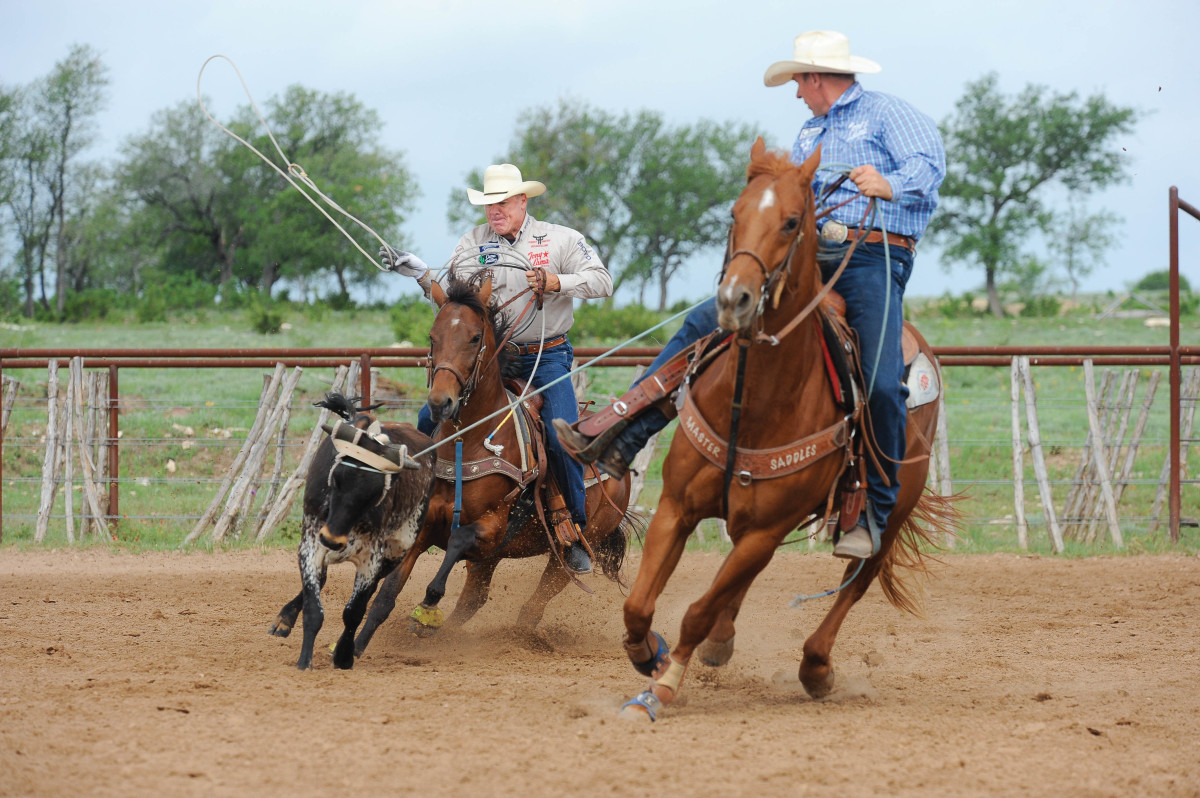
Everyone’s been through the frustrations of losing. I still get down at times, where I wonder if all the effort that goes into this line of work is worth it. Nobody likes to lose. Having a partner who has confidence in you is really important. When you lose, it’s typically because one of the team members made a mistake. Very seldom do you make a great run and not win anything. So there are different types of disappointments to deal with. The luck of the draw, how your horse works and how you both perform all play into it, and you have to understand that some of the things that might make you lose are out of your control. You might get the runner in a herd of lopers or get up in the one perf where it’s knee deep in mud. That’s just life.
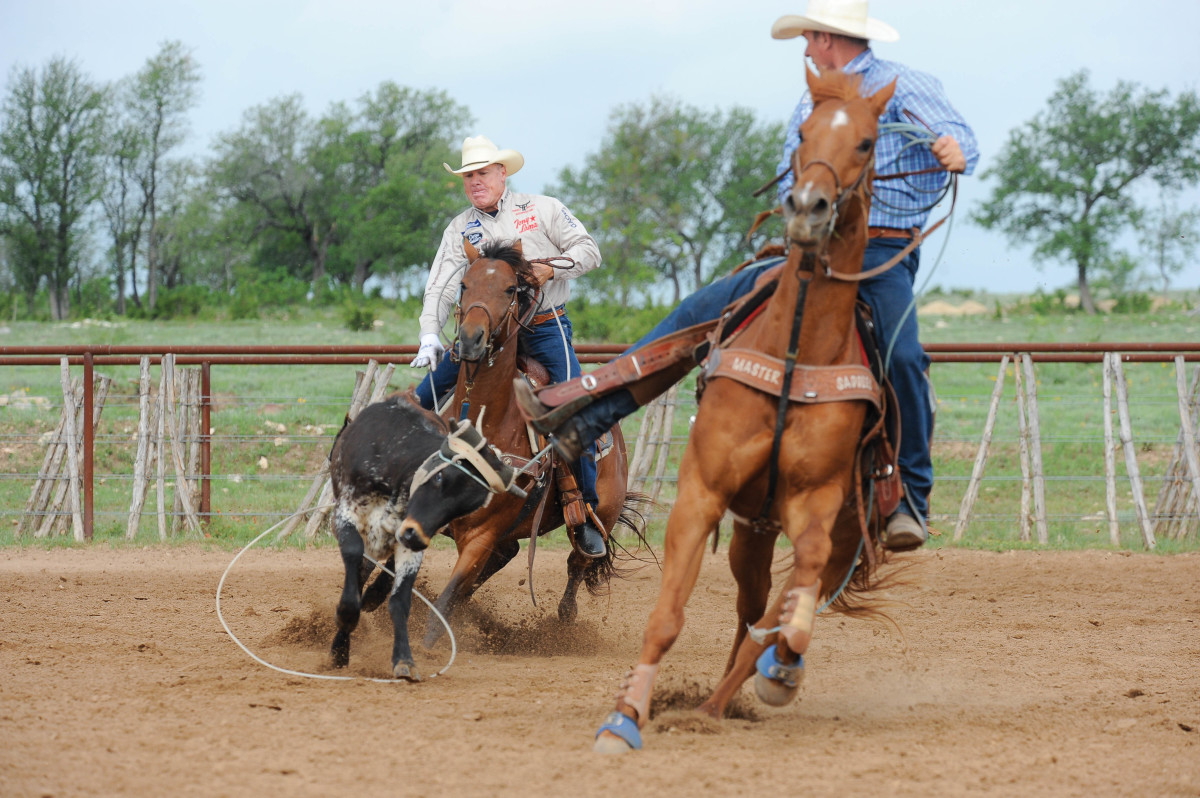
The hardest part of losing for me has always been letting my partner down. It’s hard to tolerate not giving my teammate a chance. It takes a mental toughness to get through that. If you’ve been in the business long enough, you’ve been the monkey in the barrel before. You know what it feels like to have that pressure from not performing. You learn to understand that it’s a matter of time before it turns around. Being a good partner means lifting your partner back up, and showing you believe in your teammate.
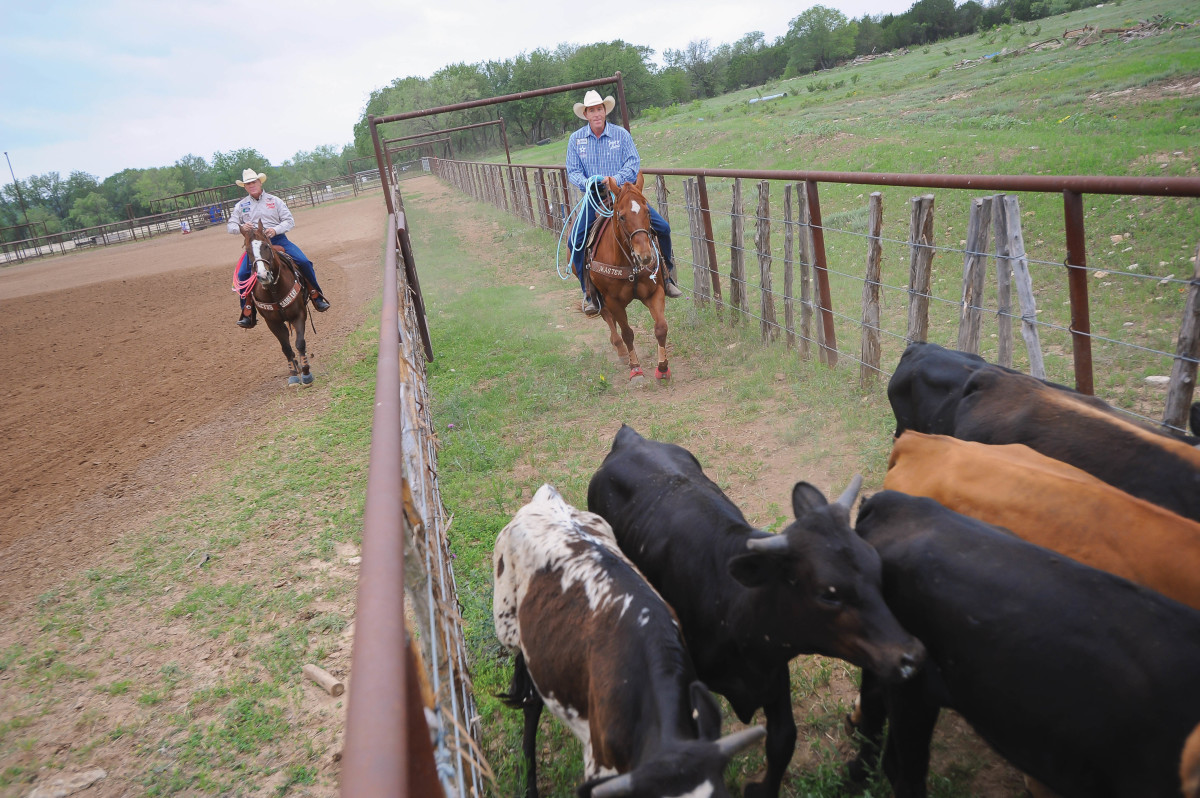
If a heeler ropes a leg and the header throws his head back or throws his rope in the air, or if a header misses and the heeler crosses over and heels the steer running down the arena or cracks it on the steer’s horns after the header misses—that’s when frustrations are leaking out. A lot of guys start jerking on their horses when they mess up, too. Doing those things pulls your partner down instead of lifting him up. Some guys wear their emotions on their sleeves and have a hard time not throwing a fit. But it just makes things harder on your team. A good partner lets his guy know that he knows he’s trying as hard as he can, and gets the “we’ll get ’em next time” message across with his words and actions. You need to know that other guy’s in your corner, because it’s worth a big shot of confidence to your team.
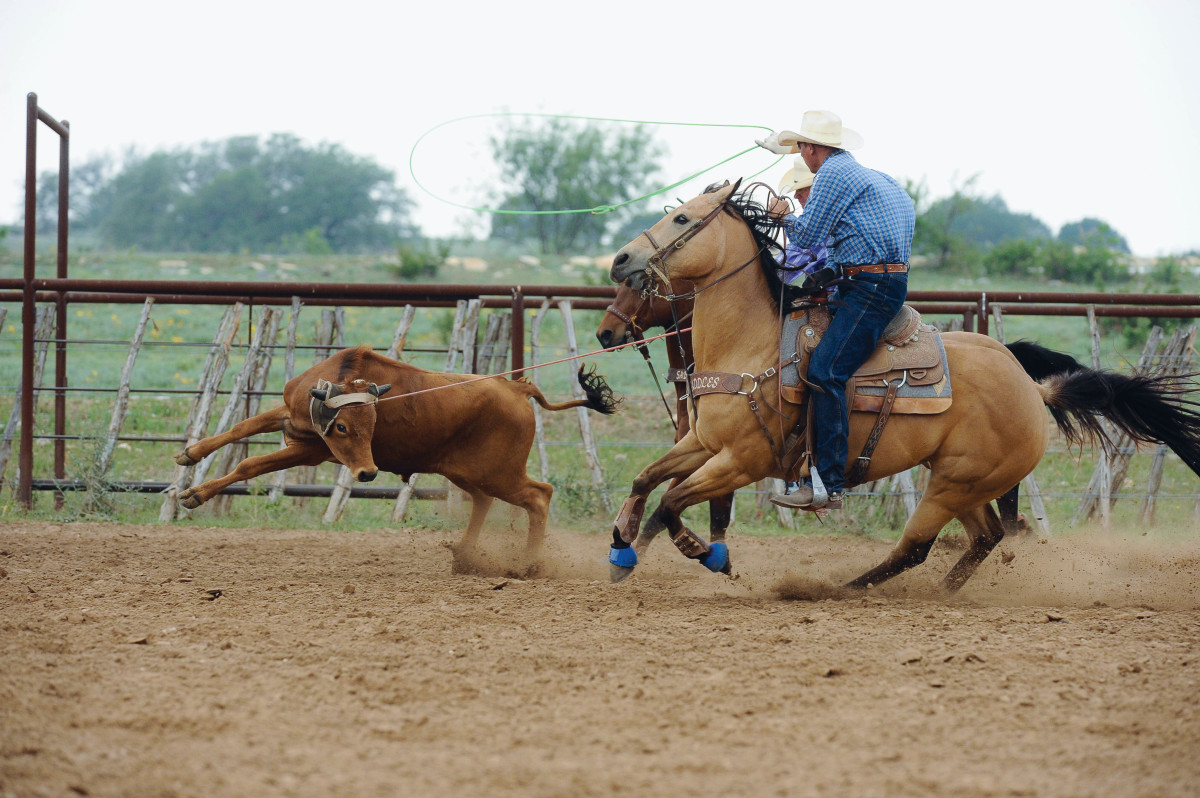
When it comes to handling inevitable losses and slumps, a lot of it has to do with your personality and how you deal with stress. When you’re young it’s really hard not to be emotional when you aren’t winning. But you have to learn to lose just like you learn to win, because at the highest level you’re going to lose a lot more than you’re going to win. Roping can be a love-hate relationship. There’s not a better feeling than winning, and when you don’t win it’s totally depressing. I’m not a good loser. I really beat myself up when I don’t win because I’m a strong competitor. But you can’t let losing eat a hole in you. Losing drives and motivates me, because I hate that feeling. I’m always trying to master it. I’m 54 years old, and I’m consumed every day with how I can be better—how I can rope better, have a better horse and everything else. It’s crazy how tough it is these days, so you have to work at it from every angle.




